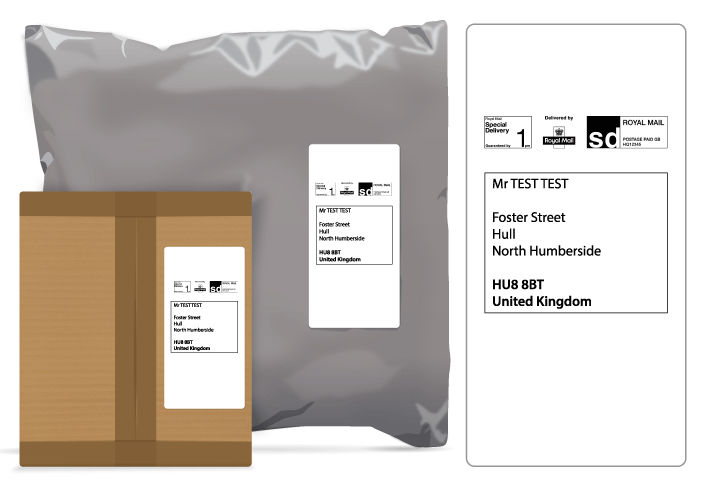Do you think you may be gluten intolerant or have Coeliac disease? Find out for sure with this quick and easy gluten test kit
What is Coeliac disease and why do you need the coeliac test kit?
Coeliac disease is a lifelong genetically inherited gastrointestinal disorder that can cause a wide spectrum of clinical symptoms ranging from mild weakness, bone pain, constipation, chronic diarrhoea, abdominal bloating, and progressive weight loss. Also skin disorders and disorders of the central nervous system can exist and damage to the inner surface of the small intestine is caused by a permanent intolerance to gluten.
Gluten is the most common name for specific proteins found in all forms of wheat, rye and barley that are harmful to persons with coeliac disease.
Why should I use the Gluten Sensitivity Test to test for Coeliac disease?
Recognise any of these symptoms? Then you should test yourself today
- Digestive problems such as wind, bloating, diarrhoea and constipation. Constipation is closely linked to gluten intolerance in children.
- Tired all the time? Or feeling tired after eating a 'gluten' meal.
- If you have an autoimmune disease: such as Rheumatoid arthritis, Ulcerative colitis, Lupus, Psoriasis, Scleroderma or Multiple Sclerosis this is closely linked to gluten intolerance.
- Hormone imbalances such as PCOS, pre menstrual syndrome or unexplained infertility.
- Migraines and headaches, especially after eating gluten rich food.
- Chronic fatigue or fibromyalgia.
- Pain, inflammation and swelling in the joints, especially fingers, knees or hips.
- Mood swing, anxiety and depression.
This gluten intolerance testing kit is a home test intended to aid the detection of IgA antibodies to transglutaminase associated with Coelaic disease but the final diagnosis must be confirmed by a doctor. Adopting a gluten free diet, will result in a slow reduction in antibodies (IgA antibodies to transglutaminase) associated with Coeliac disease, therefore if a gluten free diet has been followed for a long period of time prior to carrying out this test the antibodies may be undetectable and may produce a negative test result. Studies show that continuous consumption of gluten by diagnosed coeliacs can result in the increased chances of stomach or colon cancer. Coeliac Disease can be diagnosed by relatively simple diagnostic tests.
The testing can be done by screening the patient’s blood for antitissue transglutaminase (tTGA), antigliadin (AGA) and endomysium antibodies (EmA) and a small biopsy procedure on the injured areas of the intestines. The test requires a simple finger prick blood sample (10ul) and a visual result is available within 10 minutes indicating the presence/absence of IgA autoantibodies against Transglutamisase enzyme associated with Coeliac disease. The test has been patented.
Who is this Home Test For?
Anyone who thinks that they may be gluten intolerant or have Coeliac disease. Coeliac disease is relatively common, affecting around 1 in 100 people in the UK. Coeliac disease is not a wheat allergy, or gluten intolerance, but is a type of gluten sensitivity that is frequently misdiagnosed as irritable bowel syndrome (IBS).
Easy To Read Test Results
Interpreting the results of this gluten intollerance home test kit is straightforward.
Your result is easy to read;
- one line in the test cassette window means a negative result and no tTG IgA antibodies have been detected, it is unlikely that you have coeliac disease. People with IgA antibody deficiency may also give a negative result.
- two lines in the test cassette window indicates a positive result and that a high level of tTG IgA antibodies are present, and it is likely that you have coeliac disease.
IMPORTANT: Always speak with your doctor if you have symptoms that concern you. You must be on a normal gluten containing diet to get a reliable result. Not suitable for children under 6 years old.






